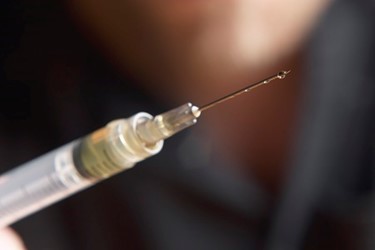How To Choose The Correct Syringe Filter For Analytical Sample Preparation

In analytical labs, filtration of the sample and mobile phase prior to analysis helps reduce overall instrument wear and removes any particles that may interfere with the chromatogram. Analytical sample filtration is usually performed with a syringe filter, since it is a time-effective and easy-to-implement method.
The choice of whether to filter or not is an easy one to make. However, choosing the correct filter can have a significant impact on data quality and the lifespan of chromatography columns. The wide range of membrane chemistries, filters sizes, and application-specific products can make filtration selection a challenging task.
The syringe filter’s retention efficiency is key to getting the best protection for chromatography columns, achieving optimum performance, and ensuring data integrity. Particulate build up is directly related to increased column back pressure and poor peak resolution. In addition, data quality can also be compromised by filter materials that add extractables affecting the data integrity by coelution or adding extraneous peaks.
This paper simplifies syringe filter selection and reviews the membranes and sizes required for specific analytical applications.
Get unlimited access to:
Enter your credentials below to log in. Not yet a member of Bioprocess Online? Subscribe today.
